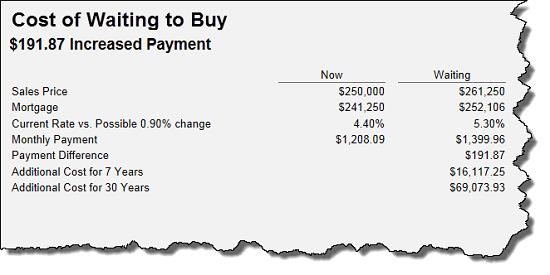Record Improvements Now
There is a significant difference in how the money you spend on your home is treated for income tax purposes. Repairs to maintain your home’s condition are not deductible unlike rental property owners who can deduct repairs as an operating expense.
On the other hand, capital improvements to a home will increase the basis and affect the gain when you sell which may save taxes.
Additions to a home or other improvements that have a useful life of more than one year may be considered an increase to basis or cost of the home. Other increases to basis may include special assessments for local improvements like sidewalks or streets and amounts spent after a casualty loss to restore damage that was not covered by insurance.
Unlike repairs, improvements add to the value of a home, prolong its useful life or adapt it to new uses.
You can read more about improvements and see examples beginning on the bottom of page 8 of IRS Publication 523. For a form to keep track of money you spend, print this Improvement Register.





